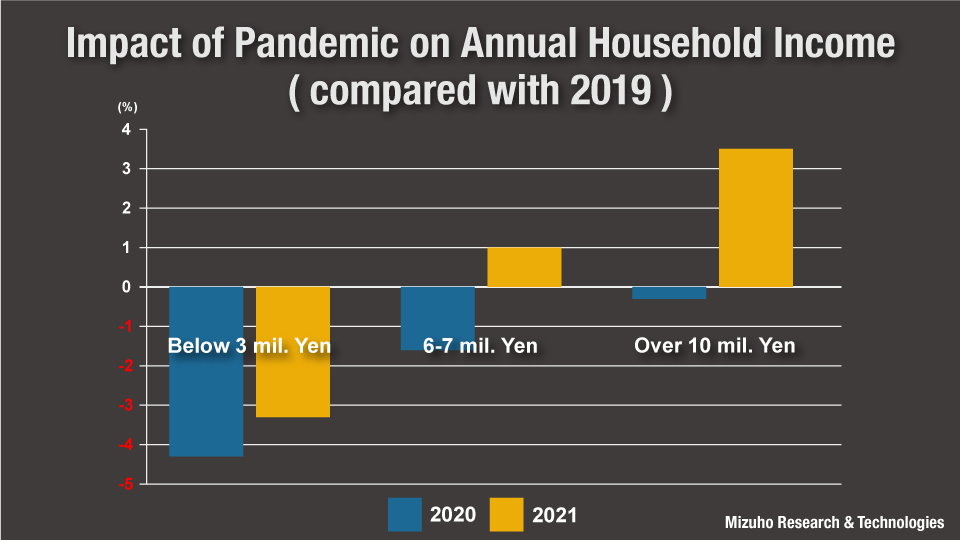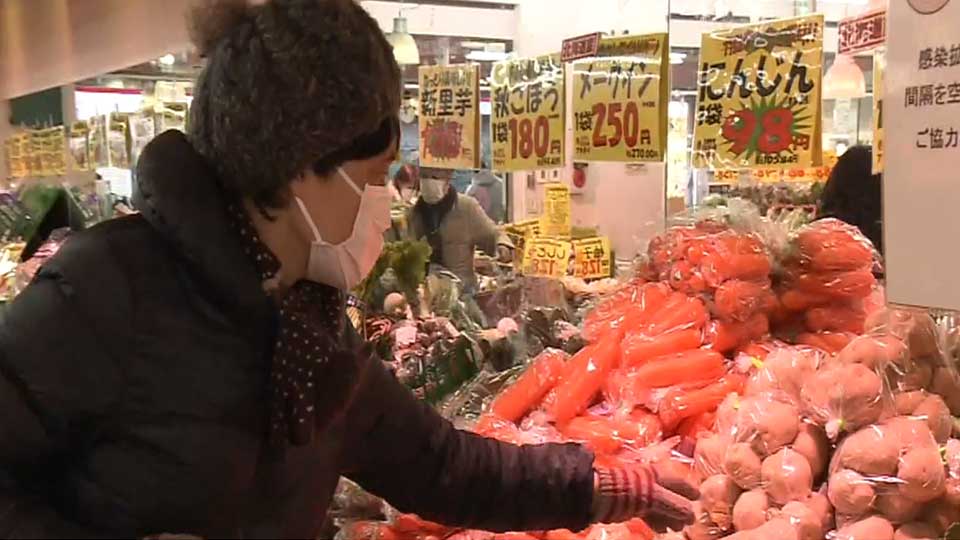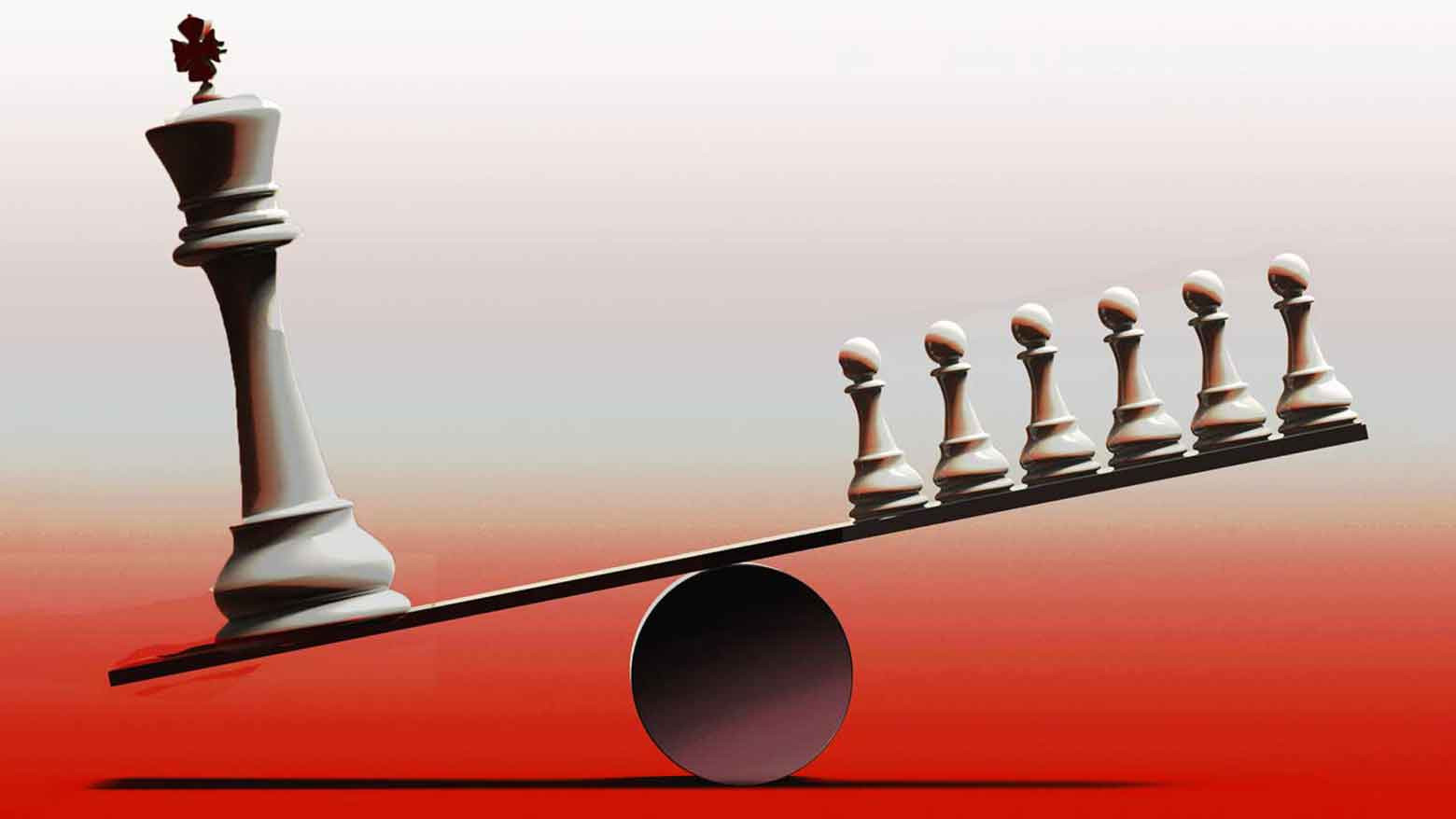According to Oxfam, an organization that works to fight global poverty, the 10 richest people in the world have more than doubled their fortunes – from $700 billion dollars to $1.5 trillion – over the previous two years.
A report issued by Oxfam notes that "central banks pumped trillions of dollars into financial markets to save the economy, yet much of that has ended up lining the pockets of billionaires riding a stock market boom."
The "World Inequality Report 2022" by the Paris School of Economics’ World Inequality Lab also highlights the widening gap. The organization says the richest 10% of the global population controls 76% of overall wealth.
Japan no different
Even in Japan, a country where most people regard themselves as middle-class the inequality gap is growing.
A survey by Mizuho Research & Technologies shows that households with an annual income of under 3 million yen ($26,000) have suffered the most from the impact of the pandemic, compared with the pre-pandemic year of 2019.
They are earning less than they were two years ago. Many of those being hit hard are non-regular workers at restaurants, hotels, and in the entertainment industry. The pandemic has seen those sectors forced to shut, suspend or restrict operations.
It’s a different situation for people who were earning more to start with. Families with an annual income of around 6 million to 7 million yen ($52,000-61,000) gained slightly in 2021, or last year. And those in the 10 million yen ($87,000) range are enjoying a strong rebound.
People in the auto, electronics and IT industries received far bigger bonuses in 2021 compared with 2020 and 2019.

Inflation hits poorest harder
In a further blow for low-income families, inflation is on the rise in Japan. Domestic electricity costs are set to hit a five-year high next month.
A wide range of products – including household staples like flour, coffee, mayonnaise and soy sauce – are becoming more expensive.
Mizuho Research and Technologies forecasts that the poorest households can expect a cost-of-living burden of 1.8 percentage points compared with household income. For middle-income households, the burden is 0.9 points, and for the wealthy, 0.5 points.
Economist Yuriko Shimanaka, who conducted the research, says the inflation burden for low-income households "is expected to be as heavy as experiencing a two-percent consumption tax hike."
"Those families will be double-hit by the economic downturn stemming from the pandemic, and the higher cost of living," she forecasts.

Educational inequality on the rise
Rikuto Minami, an analyst with the same Mizuho group, worries about the possible impact of a wider inequality gap on future generations.
According to his calculations, low-income families have cut educational expenditure by 15.1% in 2021 compared with 2019. During the same period, higher-income families increased equivalent spending by 4.8%.
Educational inequality is viewed as especially problematic because it limits opportunities for people battling poverty to find a way out.

With some of the world’s richest individuals calling for governments to intervene, officials in Japan are among the global leaders considering ways to support low-income families as well as build a fair tax system that prevents the widening inequality gap becoming permanent.

